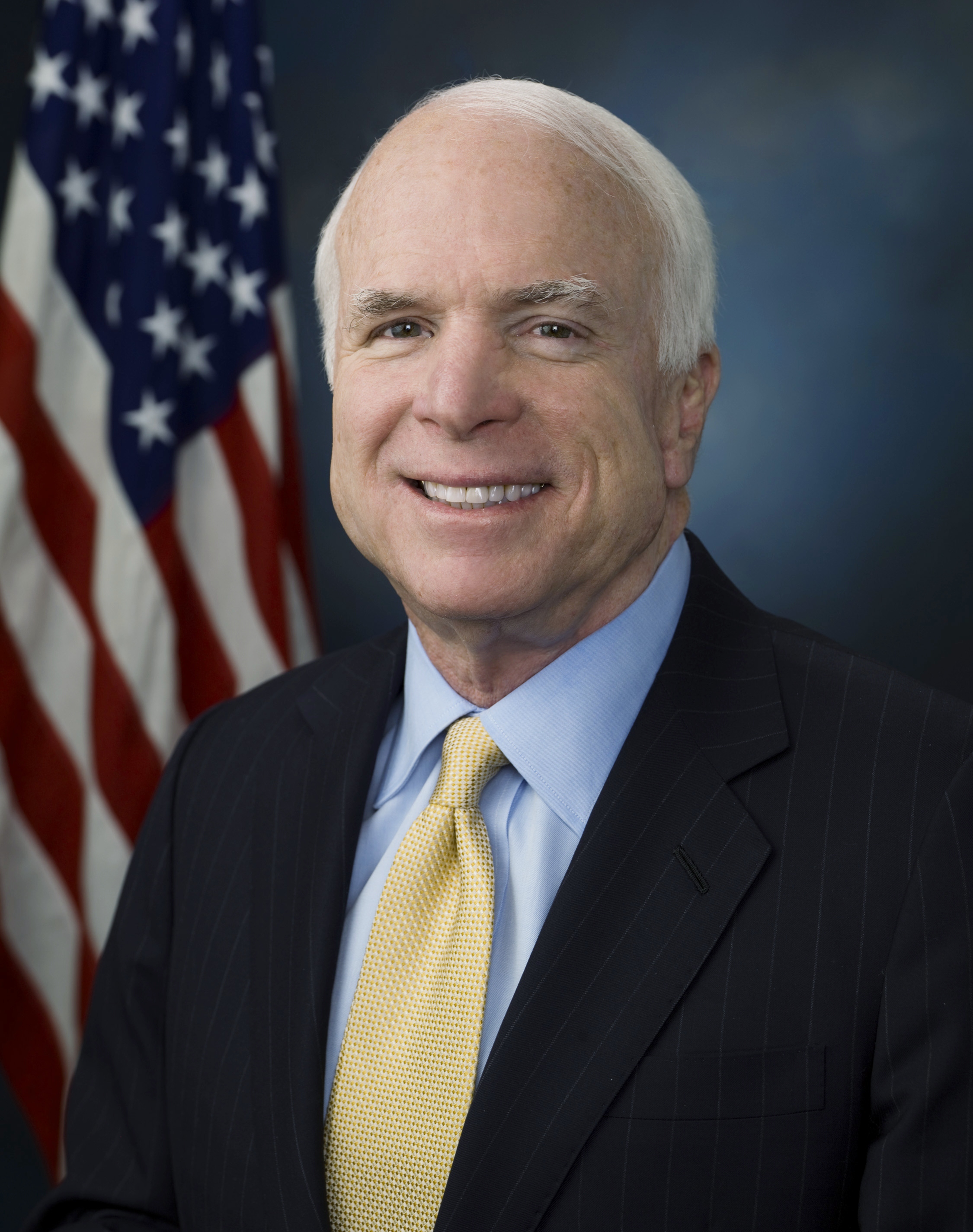Thanks, Mr. Scaramucci, for (as you would no doubt put it) pissing on our parade.


True, the Senate managed to keep the wolves from ravaging “the miserable, the desolate, the outcast” (Dix) by only a single vote.
(And thank you, Senator John McCain of Arizona, for casting that decisive vote, one of the most courageous and restorative gestures in American political history.) True, certain congressional leaders were callously pleased to keep the threat of repeal alive, and the dread among potential casualties ratcheting upward, for seven years before decency narrowly prevailed. And true, this legislative rough beast’s hour could come round again, and it could arise and slouch toward Washington to be reborn.
All true. But early on Friday, suffering humanity caught a rare break. And we will take what we can get. It should be a day for celebrating, for parades.
But on second thought, no. Better to stay indoors to avoid the stench, or venture outside only with galoshes. Because on Thursday, Anthony Scaramucci came along and relieved himself of some stuff he’d been holding in. Figurative fly unzipped, the White House’s brand-new “Communications Director” communicated to the New Yorker magazine exactly how much he knew or cared about chronic mental illness, about its victims, and about those whose lives and emotions are bound up in the scourge.
Within hours, nearly all major news outlets had reported Scaramucci’s hot flow:
The paragraph below, taken from the Times report, is representative:
“Mr. Scaramucci, who has so emulated Mr. Trump’s style that colleagues privately call him ‘Mini-Me,’ made clear in his conversation with The New Yorker’s Ryan Lizza that he is trying to push Mr. Priebus out. ‘Reince is a fucking paranoid schizophrenic, a paranoiac,’ he said. Mr. Scaramucci complained that Mr. Priebus had prevented him from getting a job in the White House until now, saying he ‘blocked Scaramucci for six months.’”
Mind you, Scaramucci’s now-famous rant was not on the topic of mental illness, per say. Divinely, it was on the topic of leaks. He could not hold in his vengeful fury over the fact that leaks had been flowing out of the White House in a steady stream, and he was pissed off about it, and he thought he knew who was leaking, and that man’s career was as good as in the toilet.
And indeed, the press coverage focused almost entirely upon Scaramucci’s complaint, and upon the spectacularly obscene language he employed in his tirade to the New Yorker’s Lizza. The man does appear to have an uncommon predilection for using his own genitals as metaphor, which has emboldened me to adapt that general framework in this essay.
Yet (to get, finally, to my point) it was neither Scaramucci’s attack on Reince Priebus nor his affection for scatology that is my concern here. Rather, it is his recourse to “paranoid schizophrenic” and “paranoiac” that makes my blood boil.
Here, after all, is the man whose public voice (god forbid we should hear his private voice!) is, by definition, the voice of the Administration. What Anthony Scaramucci thinks and says, especially in conversation with reporters, can fairly be construed as an extension of what his chief, President Donald Trump, thinks and says. (And if that is not the case, we must ask why the president did not fire or at least rebuke him following his use of “paranoid schizophrenic” and “paranoiac” as expletives.)
This usage cuts far deeper than mere coarseness or ugly language, which we have come to expect in Donald Trump’s administration. “Paranoid schizophrenic” and “paranoiac” are terms of neuropsychiatry, and they have specific referents: to individuals whose brains have been severely damaged by malign genes acting in harmony with environmental stressors.
Among the many burdens endured by the chronically mentally ill and those committed to safeguarding them is the misuse of “paranoid schizophrenic,” “paranoiac,” and a several other medically descriptive words: their misuse as hateful epithets, with the implication that those who answer to such descriptions are somehow morally inferior. The widespread acceptance of this misuse is part of the lifeblood of stigma, the uninformed and biased contempt for the mentally ill that still stands in the path of enlightened, and necessary, reforms.
In attempting to smear Reince Priebus with the labels “paranoid schizophrenic” and “paranoiac,” White House Communications Director Anthony Scaramucci has given para-official legitimization to the ongoing stigma and to the destruction it causes. He has gratuitously dishonored the mentally ill of this country and wounded their protectors. He has almost surely articulated the unfeeling, uncaring, irresponsible attitude of the Administration toward “crazy people.”
And the dark ugliness of his rhetoric has robbed the celebratory day of July 28, 2017, of some of its celebratory luster over a rare victory for the mentally ill.
I have no way of knowing, of course, how Anthony Scaramucci himself feels about his rash outburst of schoolyard invective, or whether he plans to apologize for it, as he should, instead of dismissing it as “colorful language,” as he dids.
I do know this, though: he has no reason to flush with pride.
